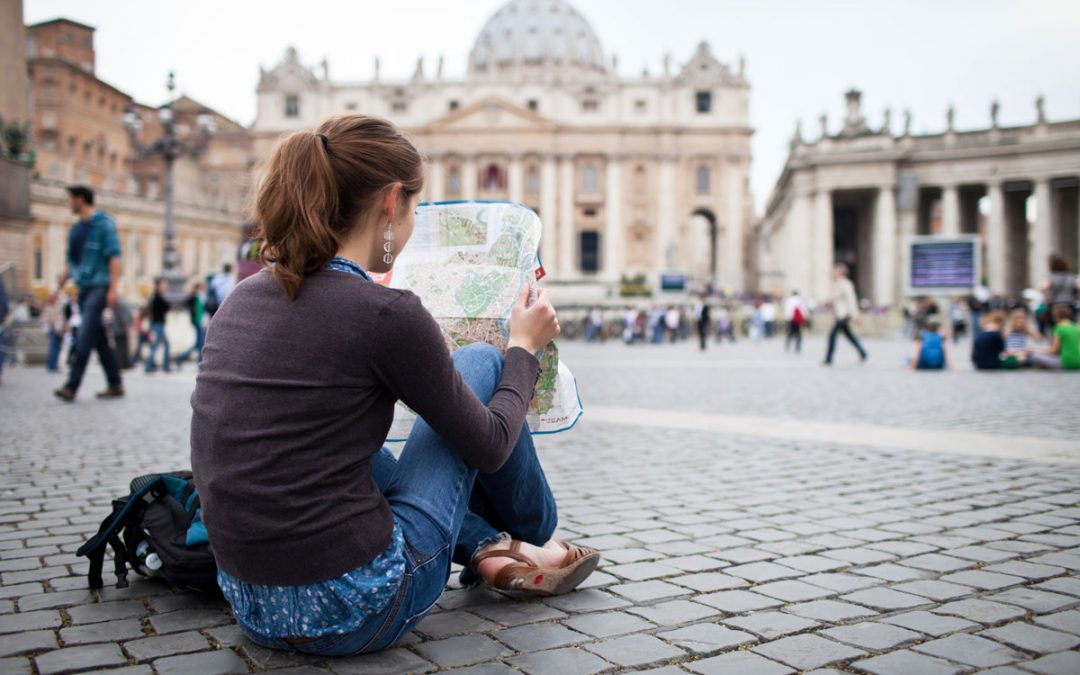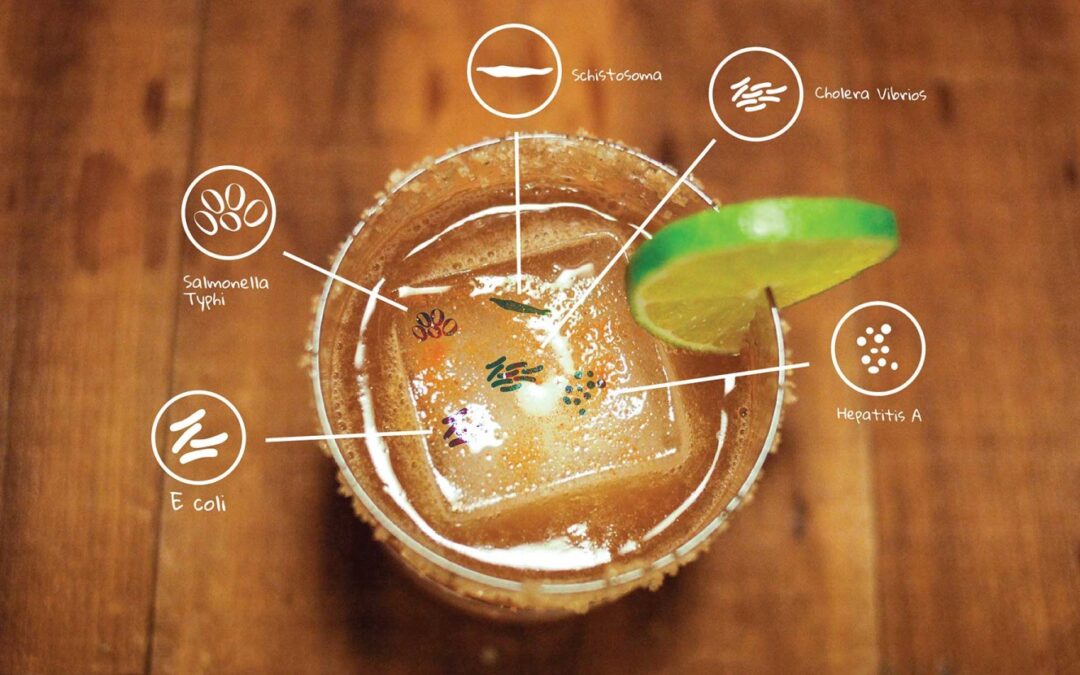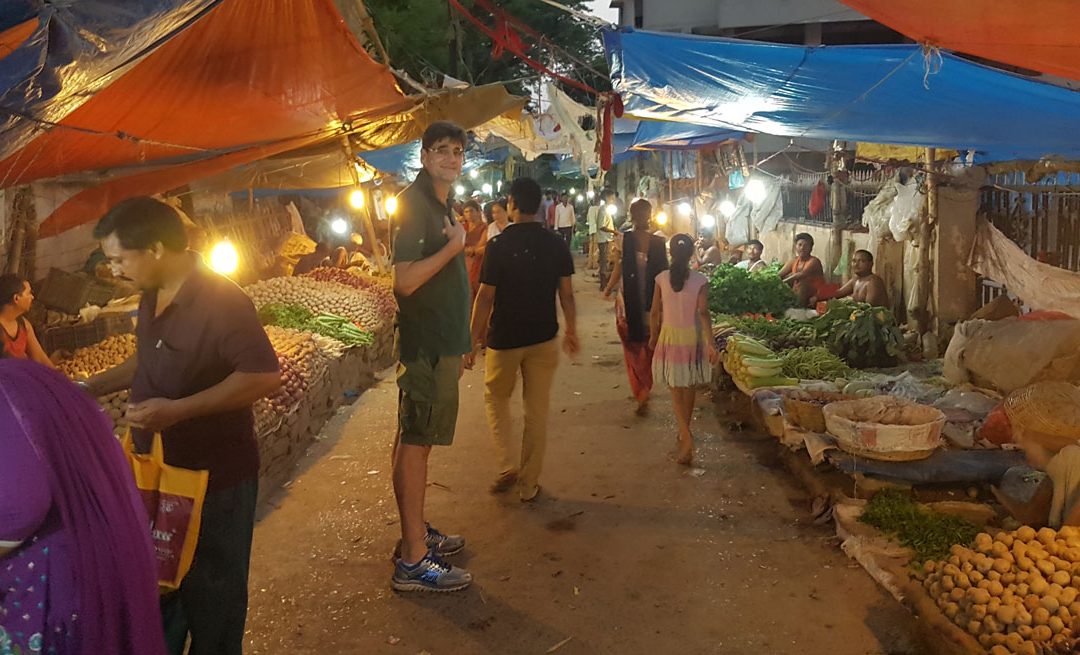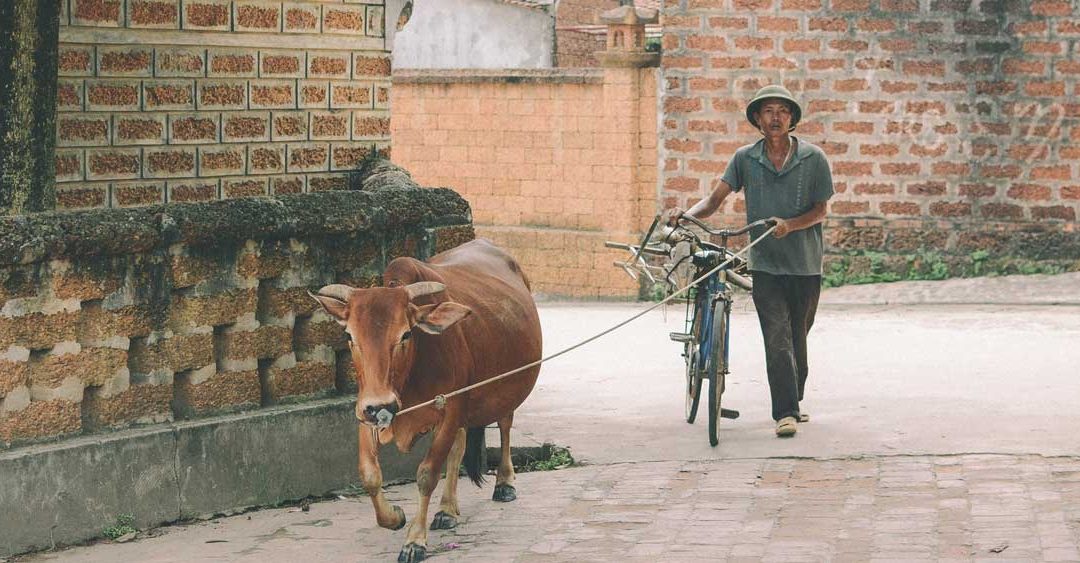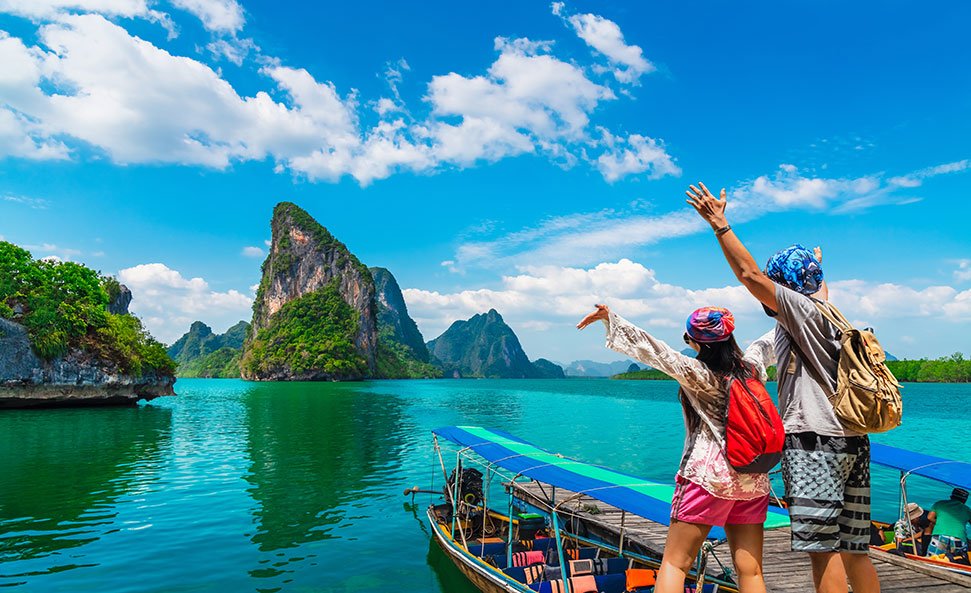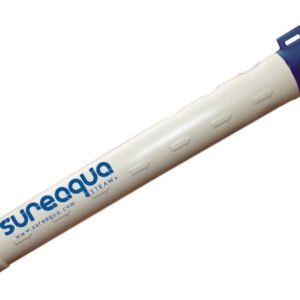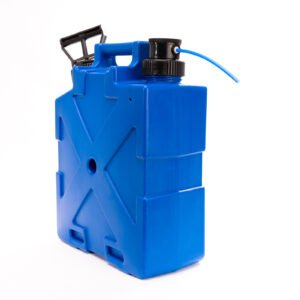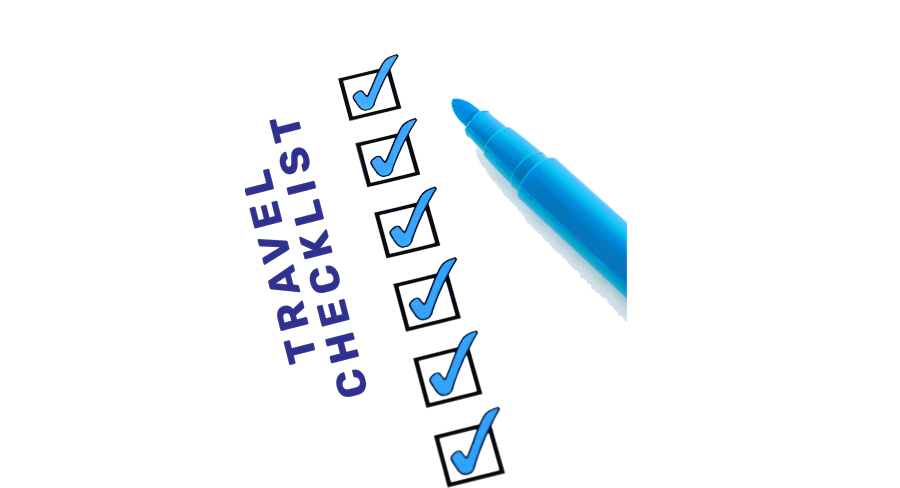
Handy Travel Packing Checklist
Handy Vacation Travel Packing Checklist
Traveling is really great fun. To help you to enjoy the trip, travel light. It is tough to do! This Travel Packing Checklist is something that we know it will be useful. From experience, it is a must to increase your enjoyment of the trip. There are many reasons such as;
- Ease of carrying luggage to and from hotels, train stations, airports, bus;
- Easily fit in a boot of a car, taxi, luggage compartment;
- Helps to reduce security checks;
- Cheaper porter costs
- Avoidance of excess baggage charges by airlines Increased mobility and flexibility
- Decreases stress as it is less hassle to pack
- More room for your treasurers you collect during the trip
It is more prudent to pack less and take a little bit more money in case of emergencies, and you can easily purchase additional clothes.
This travel checklist is the maximum amount of items you should ever need on a long trip. It is compiled for the worst-case scenario. It will be rare for you to need all items specified on the checklist. With careful selection, you should be able to fit all this in one carry-on bag.
One important thing, don’t forget to label your luggage and make sure it is lockable. When packing your main luggage or your carry-on luggage, make sure that it is neatly packed.
We’ve put together a travel checklist to help prepare for your trip and avoid items left behind when repacking!
Click here to download your copy of the Travel Packing CheckList
Travel Packing Checklist for your vacation
Travel Bag
- lockable bag with wheels
Clothes
- Dressy jacket
- 2–4 shirts/T-shirts/blouses/tops ( 1 should be a smart casual/dressy) 2 pairs trousers/skirts ( 1 should be a smart casual dressy)
- 2 pairs of shorts/Skirts
- 1 Sleeping clothes Swimsuit
- 2 Dark cardigan/ sweater/ jumper
- Rainwear, poncho (avoid umbrella as it is too large)
- Parka, coat, or equivalent
- 3+ pairs socks
- 3+ pairs undergarments
- Long T-shirt or sarong [cover-up] necktie, scarf, hair band, bandanna
- Gloves/mittens Sun hat / knitted cap, hat clip
- Belt
- Laundry bag
- Beach towel
- Footwear
- 1 pair of smart casual/ dressy shoes
- 1 pair walking shoes/boots
- flip-flops or sandals
First Aid – Medication
- Analgesic of choice
- Diarrhea treatment of choice
- Infection treatment of choice
- Malaria tablets
- Tweezers
- Basic First Aid Kit – bandages, moleskin (other first aid?)
- menstrual, contraceptive, and/or prophylactic supplies
- Necessary medications
Stay Healthy Products
- Vitamins,
- (collapsible) plastic water bottle & cup
- Sure Aqua products and or Sure Aqua Bottle (a non-chemical or non-mechanical) water purifier
- Sun Block out/ Sun Screen (preferable with moisturizer),
- Insect repellent
Toiletries
- Toothbrush, Tooth cleaner/paste, Dental floss Razor blades
- Shaving oil/cream
- Aftershave Perfume Moisturiser Comb and/or hairbrush
- Shampoo & Conditioner Bar soap & container
- Deodorant
- Nail clippers
- [unbreakable] mirror
- Viscose towel (washcloth?)
- Universal (flat) sink stopper
- Detergent, spot remover
- Makeup
- Toilet paper
- Antibacterial wipes
- Lip balm
- Hairbands
Add-on Specialty Items:
- Camera (lenses, flash, tripod, extra cards & batteries, charger, laptop connection table)
- Camera film
- Additional memory card for Camera Additional battery for Camera
- Mobile (Cellular) telephone charger
- Laptop computer (flash drive, Power cord/adapters, network cables,)
- Overseas power converter plugs and/or power converter (check with destination power)
- Safe Sex
Miscellaneous Items
- Sunglasses, retainer, case
- Lens cleaning cloth/supplies,
- Maps, guidebooks,
- Phrasebooks Luggage lock(s) (cable?)
- Flashlight plus extra batteries
- A multipurpose tool, scissors (never carry them in Day Pack)
- Hostel sheet bag (sleeping bag, bivouac sack, blanket)
- Sewing Repair kit (safety pins, rubber bands, cord sewing kit, including large needle
- Sealable plastic bags, garbage bags duct/gaffer’s tape (packing tape?)
Travel Documentation
- Photocopy of Passport
- Photocopy of Tickets
- Medical Papers
- Insurance Document
- Address Book
- Visa documentation
- Copy of International drivers license
- Copy of Visa Card, Credit Cards, Cash Card, etc
- Copy of prescription (spare glasses?)
- Copy of membership cards, business/calling cards, telephone access numbers
- Copy of Medical card
Note: All paperwork should be kept in a waterproof plastic bag within the luggage
What Not to pack
- Anything fragile unless in very strong and reliable packaging
- Food Drinks or Alcohol
- Expensive or sentimental Jewellery
Wallet/Purse
- Drivers Licence and or ID
- One Cash Card or Credit Card
- A small amount of cash
- Accommodation details
Carry-on Luggage
- (Backpack or the like)
- Passport
- Visas
- Travel Tickets
- Copy of Tour tickets
- Copy of accommodation details
- Photos
- Vaccination certificates
- Reading Glasses
- Sunglasses
- Inflatable travel pillow
- Cell Phone (Mobile phone)
- Toothbrush Small very toothpaste
- Laptop
- Watch (to be worn)
- Whistle (for personal security)
- Lightweight digital camera
- Notebook & Pen Diary (to remember your trip)
- Toilet paper-small roll and place in a plastic bag
- Earplugs (eye mask) [to ease sleep]
- Reading material (something you don’t mind leaving behind)
- Something to tie the bag to you if you are sitting down for coffee.
- Note: All paperwork should be kept in a waterproof plastic bag within the Travel Day pack
Security Pouch
Note: the security pouch is to be worn under clothes. Suggest should be cotton to avoid sweating against skin and place all paperwork in a sealable plastic bag.
- Charge & ATM cards Cash (no coins)
- International Drivers license
- Second passport (if dual citizenship)
- Charge & ATM cards, cash, 2 personal cheques
- Traveler’s cheques
- Membership cards
- Calling cards
- Medical Card Copy of Passport Copy of travel tickets
- Tour tickets
Note: All paperwork should be kept in a waterproof plastic bag within the Body pouch
Traveling with Kids
- Headphones with MP3 Player or the like
- Light snacks. (if unused you may need to dispose before leaving the aircraft)
- Favorite sleeping toy
- Medicines for unexpected health emergencies like dizziness, stomach aches, headaches, and other travel sicknesses.
- Portable DVD player and children’s movies.
- Make sure to have multiple headsets
- Activity books

